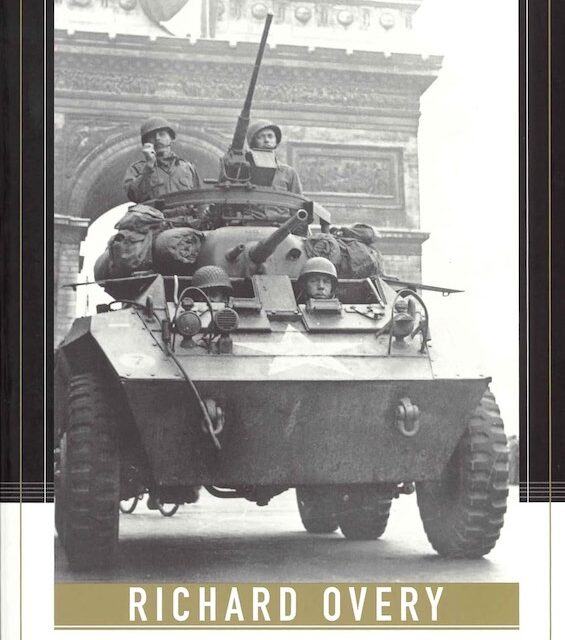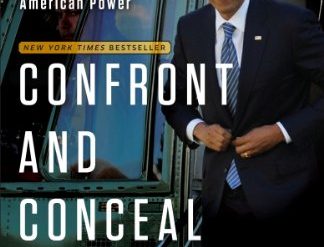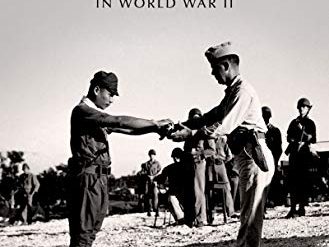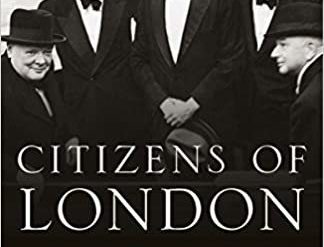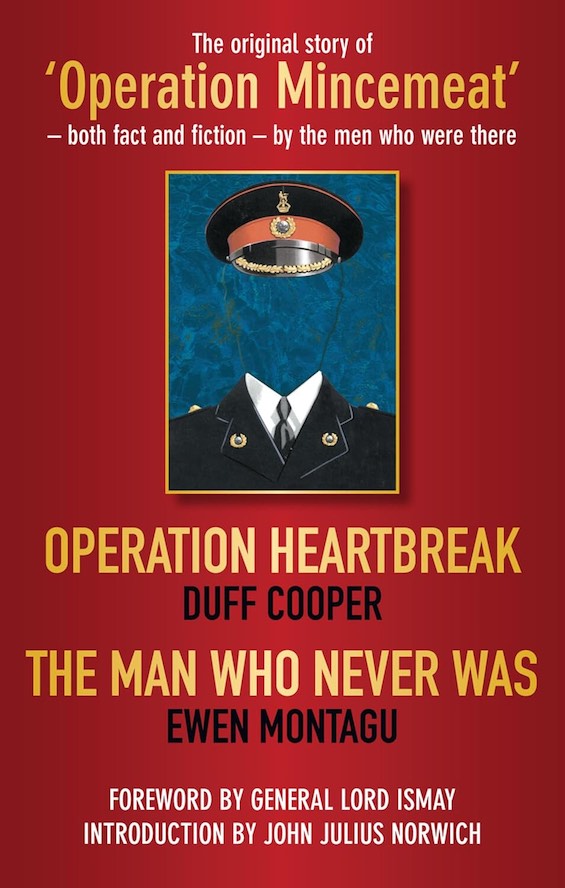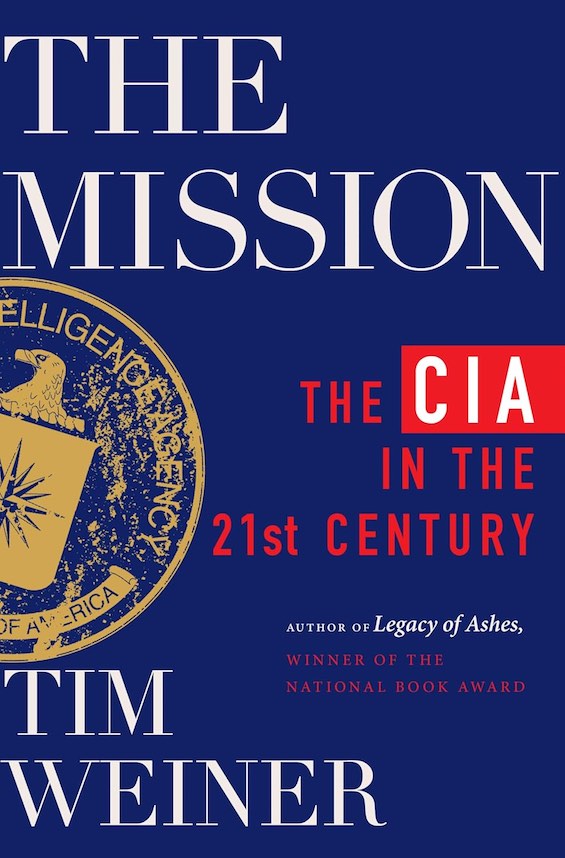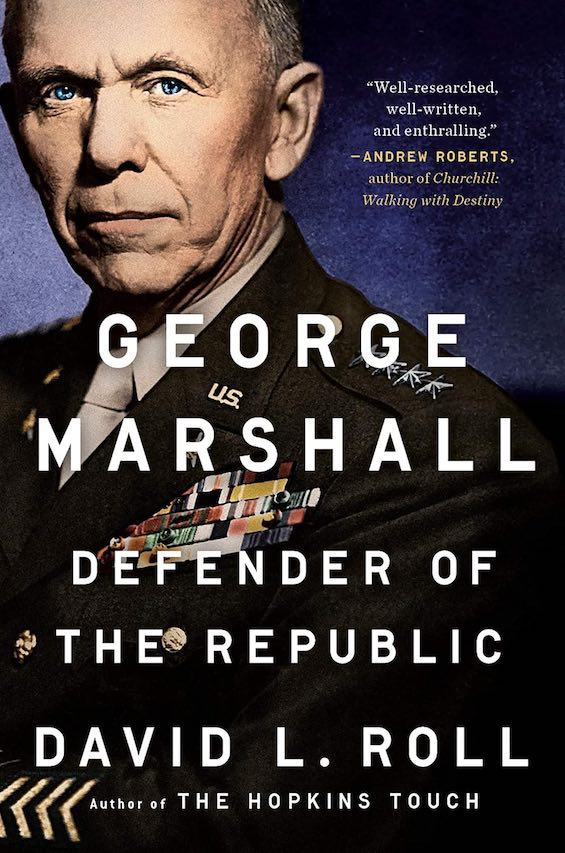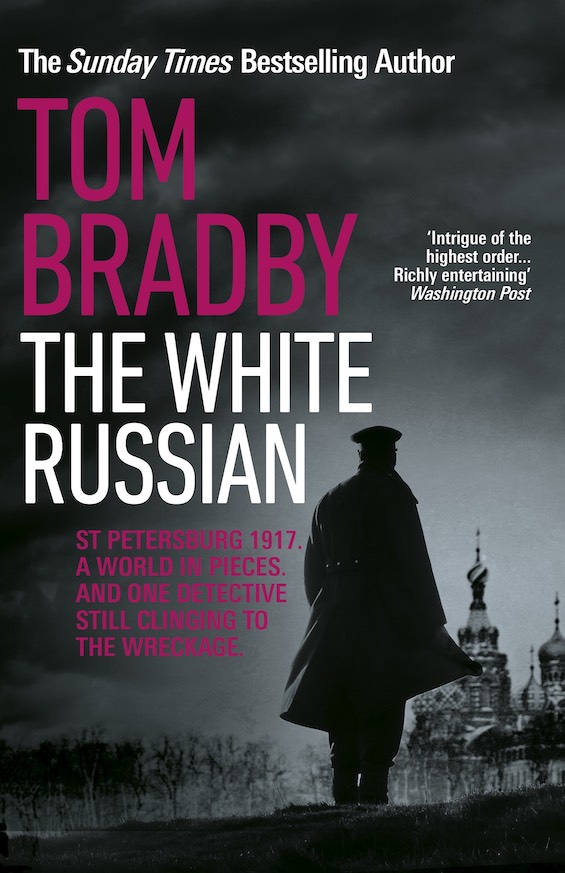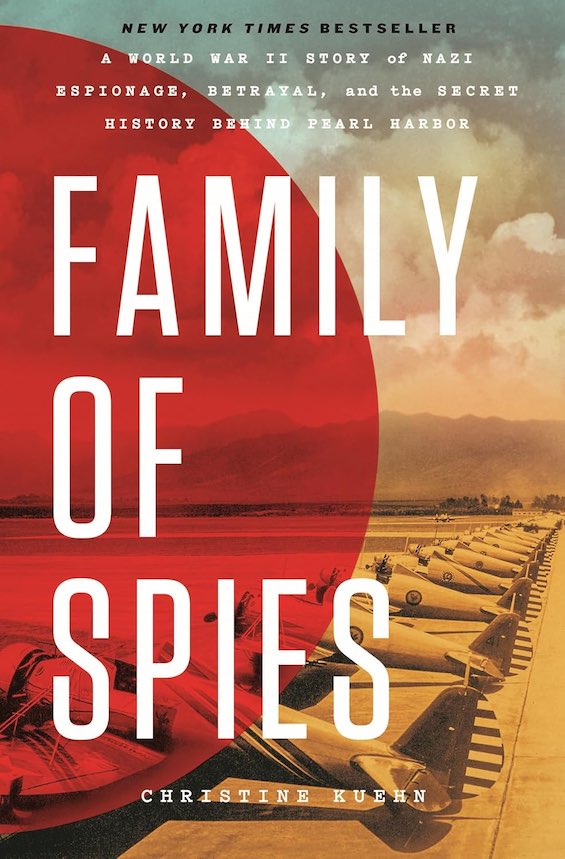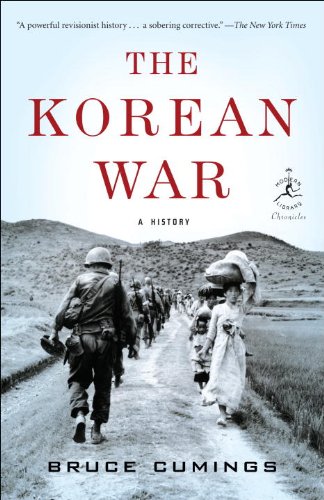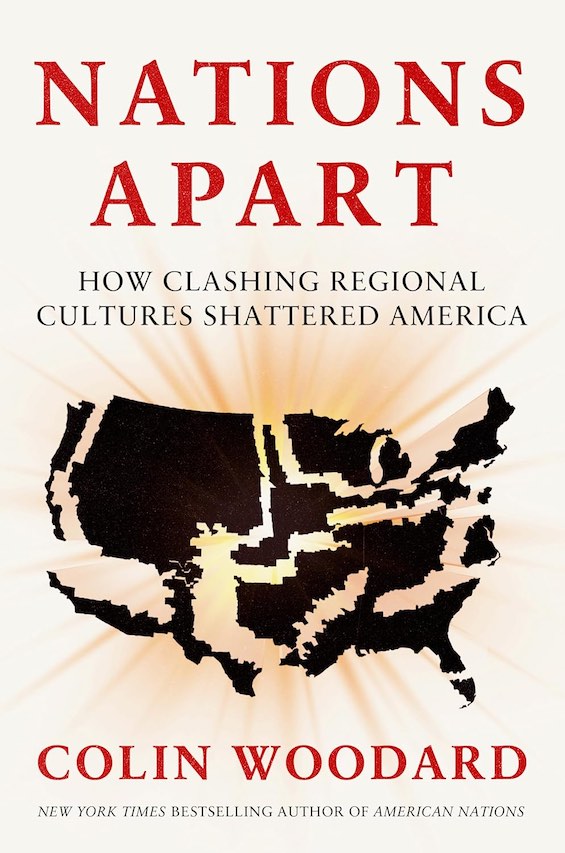Brace yourself. Much of what you believe about why the Allies won World War II may not be true. British historian Richard Overy challenges the received wisdom in his eye-opening revisionist interpretation of the six-year ordeal, titled simply Why the Allies Won.
For most historians, that question makes little sense. The accepted understanding among them is that two reasons stand out. First, Britain, the United States, and the Soviet Union collectively mustered manpower and resources far in excess of Axis capabilities. And, second, the Nazis made the tragic error of entering into a two-front war confronting both the West and the USSR. But Overy drills down into the history of the period, arguing the reality was not so simple. He raises penetrating questions about both assumptions in this extraordinary book. It’s one of the most revealing accounts of the war I’ve ever encountered.
Not a comprehensive account
Overy’s book is not a retelling of World War II history. His arguments apply largely to the European conflict and not the equally momentous war in China and the Pacific. (There, the consensus is that Imperial Japan made the fatal error of taking on the United States and overextended itself in the vastness of the Chinese mainland.) Nor does Overy address critical topics such as the impact of intelligence, which he thinks is overestimated.
Why the Allies Won by Richard Overy (1995) 406 pages ★★★★★
Debunking the conventional wisdom
Overy easily dismisses the assertion that the Allies won because they possessed superior resources. In fact, it was not until midway through the war in Europe that US industrial capacity came into its own, turning out hundreds of thousands of aircraft, tanks, and trucks like so many widgets. Before then, the industrial resources available to Germany at home and in the nations it occupied greatly exceeded what Britain, the Soviet Union, and the United States could bring to bear. Even then, Germany did have the capacity to produce far more weaponry and munitions than it did. But the Allies learned to mobilize and organize their economic potential more effectively than the Axis powers. Overy argues that raw resources alone weren’t decisive. It was differences in their ability to convert economic strength into military power with efficiency.
The author gives equally short shrift to the argument that when Germany elected to fight a two-front war the die was cast. Overy cites numerous examples from history, and from that of World War II itself, to debunk this claim. In fact, the US was fighting a three-front war beginning in November 1942, when British and American troops landed in North Africa in Operation Torch. Again and again history shows that fighting a two-front war has little bearing on the outcome.
The six reasons why the Allies won World War II?
Overy’s argument boils down to six principal factors:
Mobilizing and organizing industrial resources
As suggested above, the Allies won in part because they were more successful in mobilizing and organizing the industrial resources available to them, not because they simply had more available. That wasn’t even the case until 1943. Hitler had conquered most of Continental Europe with its massive industrial capacity. But as the war dragged on, the Allies produced more and more weapons and munitions than the Axis. By contrast, the output of war materiel in Germany, Japan, and Italy steadily declined beginning in 1943. And while Germany poured precious resources into the development of advanced weaponry such as jet aircraft and ballistic missiles, the Allies focused on the technology that truly sustained the war effort: airplanes, tanks, and trucks.
Capitalizing on scientific research and development
Despite Germany’s long preeminence in science and technology, the Allies simply did a better job managing the application of scientific research and development. Although beginning with a deficit in such technologies as radar and submarine design, the Allies steadily gained an advantage in such fields as radar and code-breaking. And they proved adept in directing the efforts of private industry in the US and Britain and the economy at large in the USSR toward continuous improvement into the most fundamental tools of war: ships, planes, tanks, and trucks.
Building an effective coalition
The Allied coalition triumphed because its principals—Britain, the United States, and the Soviet Union—worked together more successfully than did the Axis nations. Even the Western powers’s relationship with the USSR, which was at best distant early in the war, became cooperative beginning with the Normandy Invasion. Meanwhile, the US and Britain, however tense their relations from time to time, successfully coordinated their military activities. The Axis powers never truly formed a coalition. They were on their own from the start.
Evolving tactics and strategy
Allied military leadership proved far more flexible than that of the Axis powers. While Germany persisted in the tactics that gained them such a rapid initial advantage, shifting its approach only after its loss at Stalingrad, Allied strategy and tactics steadily evolved and adapted to meet new circumstances. This flexibility proved significant especially in such areas as combined arms tactics, amphibious warfare, and strategic bombing.
Superior leadership
Allied political and military leadership proved superior to that of the Axis. In Japan, right-wing military fanatics dictated policy until the closing days of the war, abetted by a willing emperor. And Hitler proved again and again the folly of his insistence on personally running the war. In both nations, the leadership’s insistence on fighting to the death hobbled its commanders in the field. Churchill, Roosevelt, and Stalin all demonstrated their willingness to delegate military decision-making to professional soldiers, who made no such mistake. None of the three was perfect. Far from it. But they all proved flexible and pragmatic.
A moral advantage
The Allies gained a moral advantage as the volume of reports about Axis atrocities mounted through the years. They developed greater resilience and commitment as the war progressed. Strong morale among the British, Soviet, and American public through much of the war bolstered their governments’s pursuit of unconditional surrender.
About the author
Richard Overy is a Cambridge-educated British historian who has written extensively about World War II, Nazi Germany, and military history. He taught history at Cambridge, King’s College London, and the University of Exeter. He has written 33 books to date but is best known for Why the Allies Won.
For related reading
This is one of The best books of the year 2025.
You’ll find other enlightening books about the war at the following pages. Most rely on a more conventional view of the war, including my own “7 misconceptions.”
- 10 top nonfiction books about World War II
- 10 top WWII books about espionage
- Good books about the Holocaust
- 25 top nonfiction books about history
- 7 common misconceptions about World War II
- The 10 most consequential events of World War II
And you can always find the most popular of my 2,300 reviews, and the most recent ones, on the Home Page.

